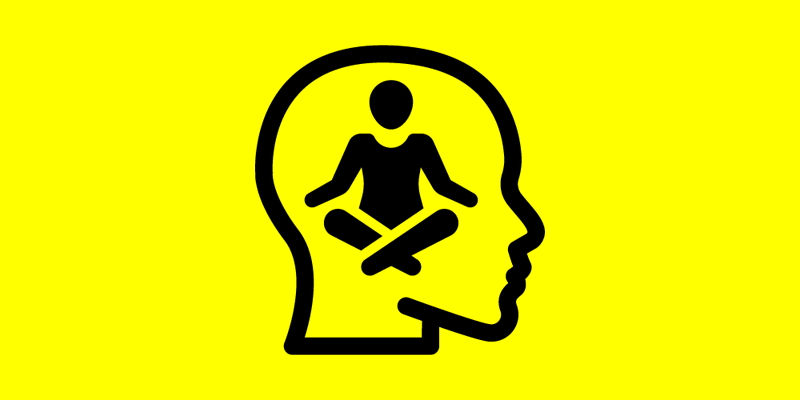Revolutionizing Detection and Support
Mental health is an integral part of our overall well-being, yet it has often been overlooked or stigmatized. Fortunately, technology, specifically Artificial Intelligence (AI), is breaking down barriers and transforming mental health care. This article explores the innovative ways AI is being used for early detection, intervention, and support in the realm of mental health.
The Mental Health Crisis
Mental health disorders affect millions of people worldwide, and the COVID-19 pandemic has exacerbated the situation. Yet, the shortage of mental health professionals and the stigma surrounding mental illness have made access to care challenging. Here’s where technology steps in.
Detection and Diagnosis
AI has the potential to revolutionize the early detection and diagnosis of mental health conditions:
- Predictive Analytics: Algorithms can analyze a person’s digital footprint, including social media activity and smartphone usage, to identify early signs of depression, anxiety, or other mental health issues
- Natural Language Processing (NLP): Models can analyze text and speech to detect subtle linguistic cues that may indicate a person’s emotional state
- Brain Imaging: AI is enhancing the analysis of brain imaging data, aiding in the early detection of conditions like Alzheimer’s disease or schizophrenia
- Virtual Mental Health Assessments: AI-driven chatbots and virtual mental health assessments provide a non-judgmental and accessible way for individuals to self-report their symptoms and receive immediate feedback
AI-Powered Therapy and Support
AI is not replacing therapists but complementing their work:
- Chatbots and Virtual Therapists: Chatbots offer 24/7 support, guiding individuals through exercises and providing coping strategies
- Personalized Treatment Plans: AI can analyze a person’s unique needs and preferences to create personalized treatment plans, improving the effectiveness of therapy
- Tracking Progress: Apps and wearables use AI to track mental health metrics, allowing individuals and their healthcare providers to monitor progress
Real-Life Applications
AI in mental health is already making a difference:
- Woebot: An AI-powered chatbot that provides evidence-based therapeutic interventions for users experiencing symptoms of depression and anxiety
- Wysa: An AI mental health chatbot designed to help users manage their emotional well-being and develop resilience
- Replika: An AI chatbot that offers companionship and conversation, helping combat loneliness and isolation
- AiCure: Uses AI to monitor medication adherence among patients with mental health conditions, improving treatment outcomes
Challenges and Ethical Considerations
AI in mental health is not without challenges:
- Privacy and Data Security: Protecting the privacy of individuals’ mental health data is paramount, especially given the sensitive nature of the information
- Accuracy: Models must be rigorously tested and validated to ensure their accuracy in diagnosing and supporting mental health conditions
- Stigma: Overreliance on AI for mental health care should not further stigmatize individuals seeking human support
- Access: Ensuring equitable access to AI-powered mental health services is crucial, as not everyone has access to technology or the internet
The Future of AI in Mental Health
The future of AI in mental health is promising:
- Early Intervention: AI will enable earlier detection and intervention, potentially preventing more severe mental health crises
- Teletherapy Enhancement: Tools will enhance the effectiveness of teletherapy, making mental health care more accessible
- Personalized Care: AI will continue to refine personalized treatment plans, offering targeted interventions for each individual
- Reducing Stigma: As technology becomes more integrated into mental health care, it may help reduce the stigma surrounding seeking help
A New Era of Mental Health Care
AI is ushering in a new era of mental health care, one where early detection, intervention, and ongoing support are more accessible than ever. While AI is not a replacement for human empathy and understanding, it serves as a valuable tool that can augment and enhance the work of mental health professionals.
The synergy between AI and mental health exemplifies how technology can be harnessed to break down barriers, destigmatize mental health, and improve the lives of millions struggling with these often-invisible challenges.
